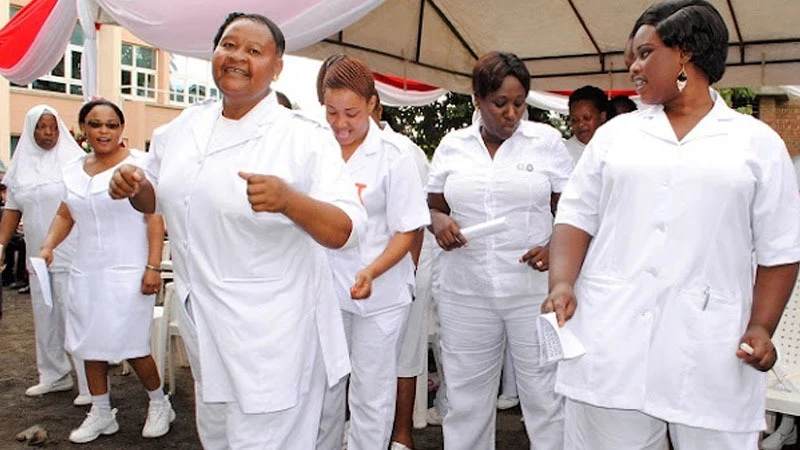Maternal deaths: UNFPA leads in 31bn/- midwife project on skills

A JOINT initiative involving the United Nations Population Fund (UNUNFPA, the African Medical Research Foundation (AMREF), and the Canadian Association of Midwives has initiated a midwifery project to reduce maternal deaths and newborn mortality in the country.
Billed at $12m (31bn/-), the project is intended to reduce maternal and newborn mortality by increasing the availability of skilled midwives, working with the Tanzania Midwives Association to strengthen their capacity to advance the midwifery profession.
The main part of the project is to develop a robust training program for midwifery tutors, refurbish learning and teaching infrastructure in training institutions such as computer labs, classrooms, libraries, preceptors’ corners and skills labs.
Provision of medical equipment and skills training equipment to enable delivery care for maternal health assurance; strengthening midwives’ skills to deliver family planning services are especially targeted, the project outline shows.
Heightening the competences of in-service midwives and capacity building for midwives to provide emergency obstetric and newborn care are similarly planned, where officials said the project is intended to reach 1,071,852 expectant mothers and 805,945 newborns in 180 health centers, 12 hospitals covering 28 wards with 112 villages, spread in Dar es Salaam and Shinyanga regions.
Albert Chalamila, the city regional commissioner, urged the Health ministry and the regional secretariat to ensure that the project is successful. Regional and district council health teams need to work with teams sent to particular places where the project is implemented to supervise the proper use of resources, he stated.
Helen Fytche, the head of cooperation and acting Canadian High Commissioner, said that with the support of midwives along with existing investments in Tanzania, the development partners and the private sector, considerable progress has been made in maternal health in some areas.
Citing data from the Tanzania 2022 Demographic and Health Survey she said that 85 percent of deliveries had a skilled health care provider, up from 66 percent in 2015. Nine in 10 women received antenatal care from a skilled provider during their last live birth, she stated.
“This is significant progress and we should celebrate the important contributions of midwives. We need to work together to address the challenges remaining,” she emphasized.
Key challenges relate to the fact that over 90 percent of maternal deaths occur in health facilities, while many midwife posts are vacant or filled with unqualified midwives, resulting in poor quality of care, the diplomat observed.
Mellissa McNeil-Barrett, the UNFPA deputy representative, said that the project is geared to increase the availability of skilled midwives. It will strengthen local capacity to advance the midwifery profession and develop a robust training programme for midwifery tutors, she explained.
Midwives do not only need supplies and equipment. They also require extensive training to safely manage childbirth and to be able to recognize life-threatening complications, she stated.
“Much more investment and support are needed at every level, to support midwifery in terms of skills and equipment,” she added
Top Headlines
© 2026 IPPMEDIA.COM. ALL RIGHTS RESERVED






















